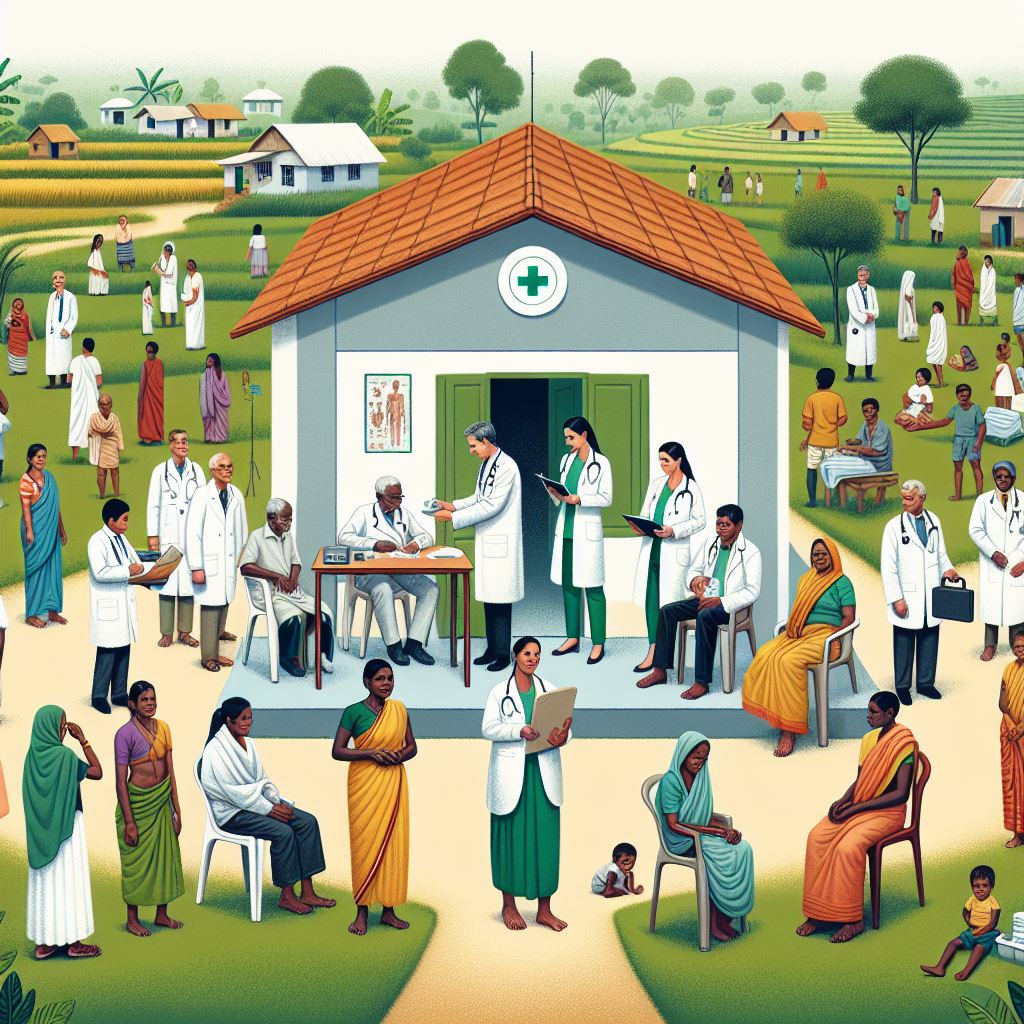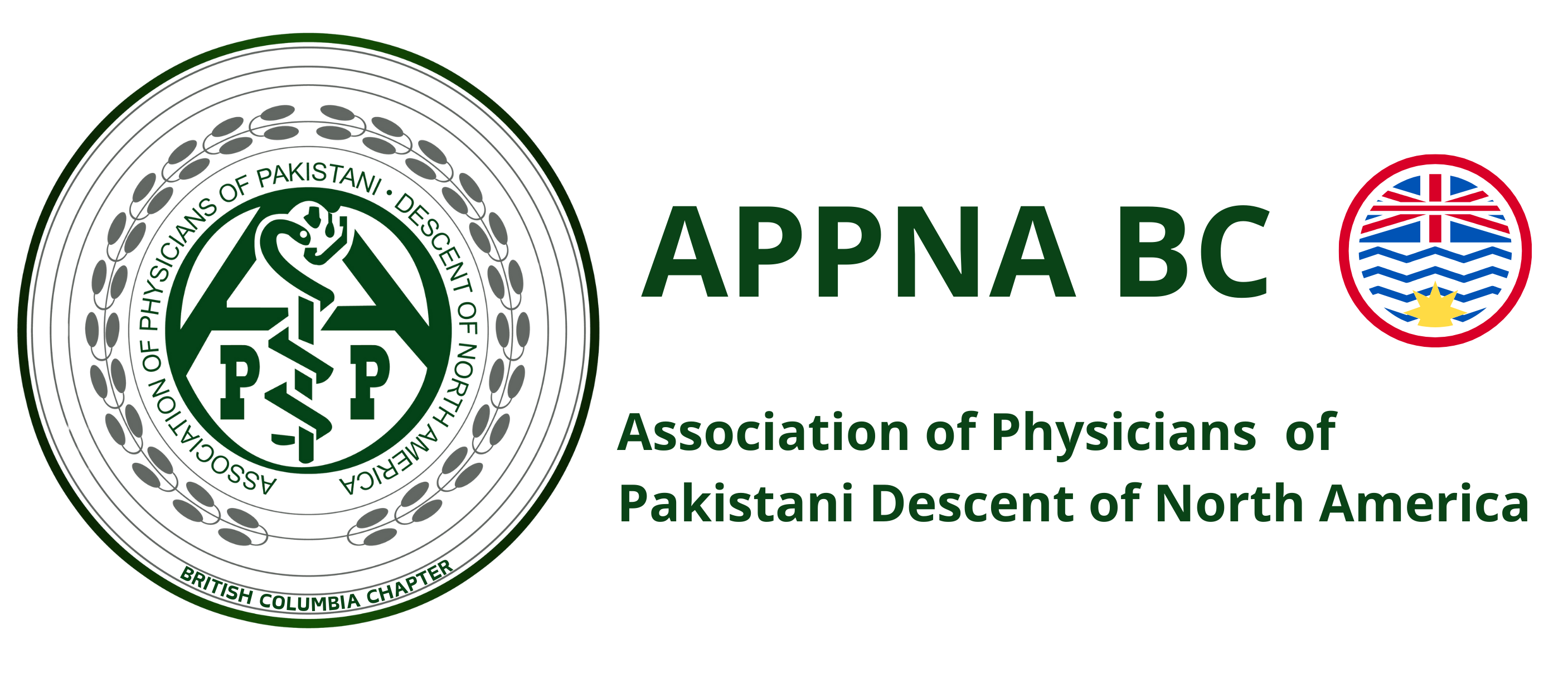Our Projects

Mobile Maternity Project in Pakistan: A Welfare Initiative
Project Overview:
The Mobile Maternity Initiative aims to improve maternal health outcomes in remote villages across Pakistan by providing essential prenatal care through home visits. This initiative focuses on bridging the gap in healthcare access for pregnant women in underserved rural areas, where medical facilities are often distant and scarce.
How It Works:
- Midwife Home Visits: Trained midwives will visit the homes of pregnant women in remote villages. They will provide essential prenatal services, including health assessments, monitoring vital signs (e.g., blood pressure, heart rate, fetal development), and counseling on healthy pregnancy practices.
- Data Collection & Monitoring: The midwives will collect important health data, such as maternal health vitals and information about the pregnancy, and record this data for continuous tracking. This information will be reviewed regularly by specialists to ensure timely interventions and accurate monitoring.
- Collaboration with Obstetricians: The midwives will consult with specialist obstetricians remotely to discuss patient health, assess potential risks, and receive guidance on treatment plans. If any complications or high-risk conditions are identified, patients will be referred to the nearest available healthcare facility for specialized care.
- Increasing Service Reach: The project will begin in a select area, gradually expanding to more villages as resources and support grow. The goal is to create a sustainable model of care that can be replicated in other regions, ensuring more pregnant women receive timely and effective care.
Objectives & Impact:
- Improved Access to Maternal Care: Offering essential healthcare services at the doorstep of expectant mothers in remote areas, making healthcare more accessible.
- Early Identification of Risks: Timely monitoring allows for the early detection of high-risk pregnancies, leading to better outcomes through referrals to specialists.
- Data Collection & Public Health: The project will gather valuable health data, contributing to a broader understanding of maternal health in rural Pakistan and aiding in future policy and healthcare improvements.
- Community Empowerment: Training midwives and empowering them to deliver critical healthcare services will foster local ownership of the project and strengthen community-based health systems.
Long-Term Vision:
Stay tuned for the details as initiative unfold, The project aims to gradually scale, reaching more remote areas and improving maternal health across Pakistan. By integrating mobile technology, telemedicine consultations, and training local health workers, it will create a sustainable model of care that addresses the unique challenges faced by rural populations in Pakistan.

APPNA BC – Healthcare Access in Rawalpindi District: A Vision for Rural Well-Being
Project Overview:
In our ongoing efforts to support underserved communities, APPNA BC is building a comprehensive healthcare initiative in the Rawalpindi district of Pakistan. Our goal is to enhance access to healthcare services for rural populations by establishing a multi-faceted health infrastructure that combines outpatient and emergency care, basic health units (BHUs), and innovative telemedicine solutions.
This project will bring doctors to the doorstep of patients in remote villages and provide them with continuous medical support through both on-site and remote consultations. By leveraging technology and expanding healthcare infrastructure, we aim to ensure that rural populations have access to the same quality of care available in urban centers.
Key Components of the Project:
- Outpatient & Emergency Departments
- Accessible Healthcare for All: Establishing well-equipped outpatient and emergency care facilities in the Rawalpindi district will provide immediate medical attention to patients with a wide range of health needs.
- 24/7 Emergency Services: The emergency department will ensure that patients in urgent need of care can access timely treatment, reducing the time and cost spent on transportation to distant hospitals.
- General Healthcare: Routine outpatient services will address general health concerns, chronic disease management, preventive care, and health screenings for both adults and children.
- Basic Health Units (BHUs)
- Localized Health Access: BHUs will be set up in key rural areas to offer basic primary care services, including maternal and child health, vaccinations, and minor illness treatment. These units will serve as a first point of contact for patients in remote villages.
- Health Education & Preventive Care: In addition to treatment, BHUs will focus on community health education, empowering residents with knowledge about hygiene, nutrition, and disease prevention.
- On-Site Weekly Medical Services
- Visiting Doctors: In collaboration with local healthcare professionals, APPNA BC will organize weekly visits by qualified physicians to the rural areas. These on-site consultations will enable patients to receive direct care and advice without traveling long distances.
- Comprehensive Health Services: On-site services will include general health assessments, routine check-ups, maternal care, pediatric consultations, and management of chronic conditions.
- Remote Consultations with Specialists
- Telemedicine Integration: A key feature of this initiative is the integration of telemedicine, which will enable patients to connect with specialist physicians from Canada and the USA. This remote consultation service will ensure that patients in rural areas receive expert advice and second opinions without having to travel.
- Specialist Support: Whether it’s obstetrics, cardiology, pediatrics, or any other specialty, the telemedicine platform will provide patients with direct access to highly qualified doctors, improving health outcomes by ensuring that complex cases are managed by specialists.
Project Impact & Benefits:
- Increased Access to Healthcare: The establishment of outpatient and emergency services, along with BHUs, ensures that patients in rural Rawalpindi will have reliable, local access to medical care.
- Cost-Effective Care: By providing on-site services and reducing the need for long-distance travel, the project will lower healthcare costs for rural families.
- Improved Health Outcomes: Regular monitoring, early diagnosis, and access to specialist consultations will significantly improve the management of chronic diseases, maternal and child health, and emergency care in these areas.
- Building Capacity: The initiative will also focus on training local healthcare providers, enhancing the skills of midwives, nurses, and community health workers, and strengthening the local health infrastructure.
- Integration of Technology: By using telemedicine and digital health solutions, the project will ensure that rural populations receive the same level of care as those in more urbanized regions, regardless of geographic barriers.
Long-Term Vision:
As we continue to develop and expand this project, the long-term vision is to create a sustainable healthcare model that can be replicated in other rural areas of Pakistan. Our goal is to provide continuous access to healthcare for everyone, regardless of location, and to improve health outcomes through innovation, education, and collaboration.
How You Can Help:
Your support can make a direct impact on the success of this initiative. Whether through donations, volunteering, or spreading awareness, you can help us bring healthcare to those who need it most. Join us today in making quality healthcare accessible to all.
